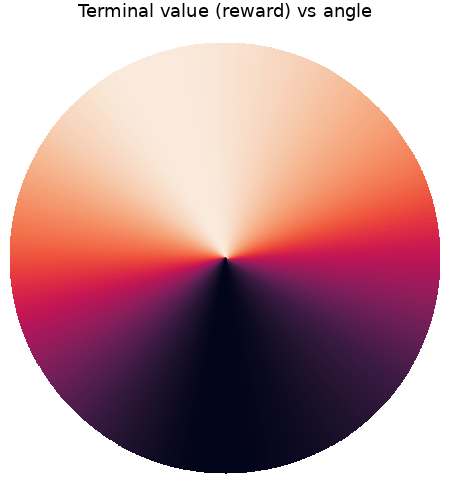Reinforcement learning of human-interpretable, multimodal tasks from AI feedback


My objective here is to use a text+image LLM to train agents to perform abstract, arbitrary tasks that can be specified with human-interpretable text and images.
The multimodal LLM evaluates pairs of states in the environment and judges which state is more representative of the specified goal. These judgments are then used to optimize the agent’s policy to pursue the goal, as would be done in RLHF (except instead of a human, it’s a multimodal LLM that’s generating feedback, and much more frequently). Constitutional AI is an example of this approach, except purely for chat-based objectives in text (as opposed to tasks that may require visual perception).
At a high level, I think this approach is a way to convert the perceptual capability and rich knowledge representations of LLMs into agentic capability (i.e. choosing actions that steer the world into some area of state space).
My main motivation for this approach is AI alignment. LLMs have shown to possess a robust understanding of human concepts and, importantly, values, but by directing LLMs in a classic RL setting with hand-crafted reward signals, we’re throwing these human value representations away and creating vulnerabilities for task misspecification. This problem becomes more severe when the tasks are more complex and abstract. However, by using the raw, pretrained, LLM as the judge for an agent, we can leverage these human value representations directly. As a sidenote, as an alignment person I hope to one day just be able to ask the AI to “please do what we want” (see coherent extrapolated volition) and to just have that work.
This is a work in progress. So far, I have gotten the approach working for the simple pendulum control problem (but with the only reward signal coming from the LLM). I hope to demonstrate the advantage of this approach by training an agent on some objective that is abstract or relies on implicit human understanding, for which traditional RL is ill-suited.